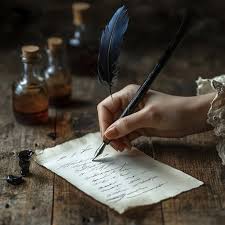Site-Wide Comment Activity: All Authors
 |
 |
|
|
|
|
 |
 |
 |
 |
 |
|
|
|
|
 |
 |
 |
 |
- « first
- ‹ previous
- …
- 99
- 100
- 101
- 102
- 103
- 104
- 105
- 106
- 107
- …
- next ›
- last »